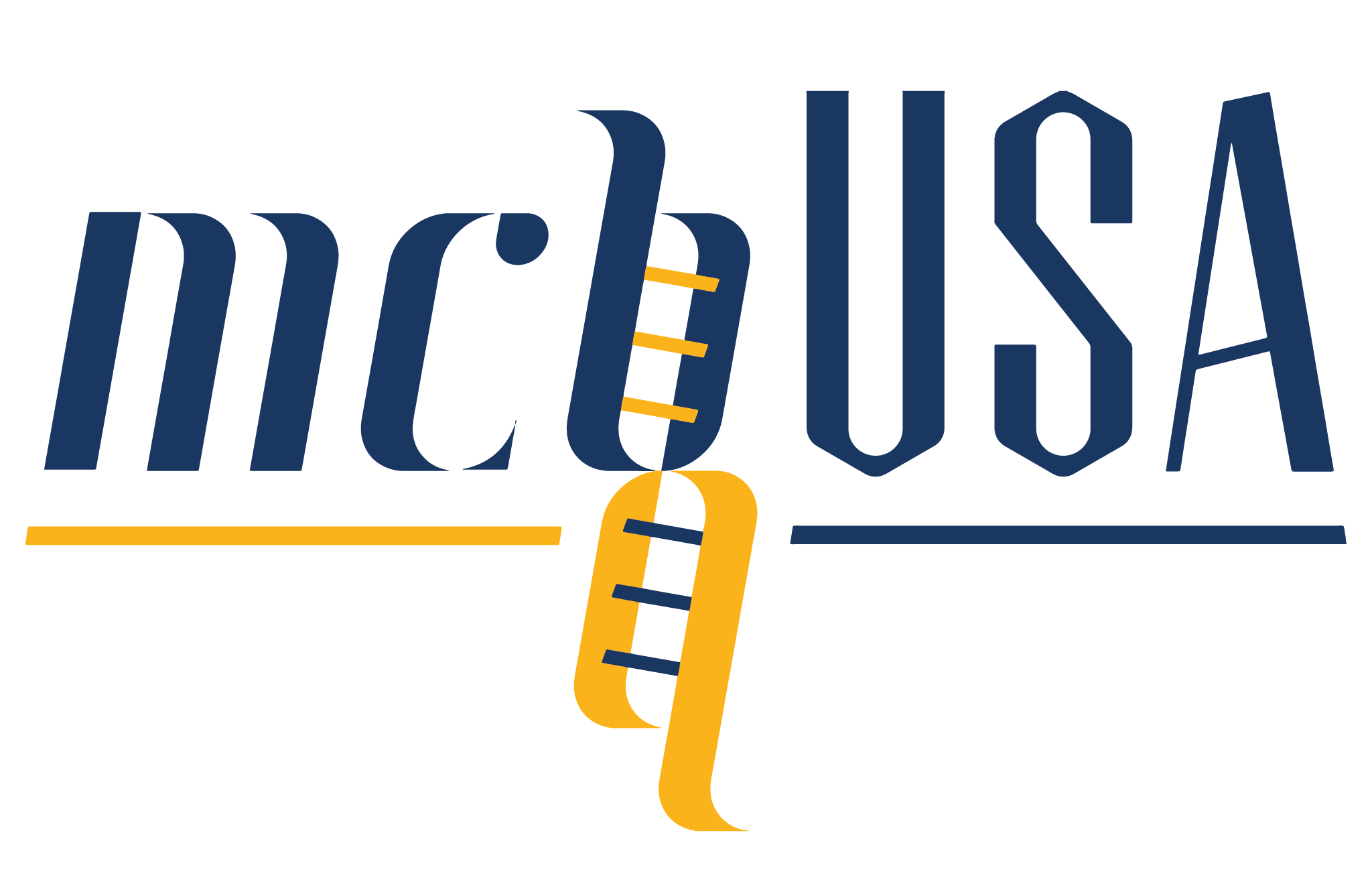Deborah Dean
Organization
MCB, UC Berkeley; School of Medicine, UCSF
Keywords
C. trachomatis, intracellular trafficking, immune response, primary cells, dual RNA-seq
Project Description
TITLE: Investigation of intracellular trafficking and secretory pathways involved in regulating inflammatory proteins by Chlamydia trachomatis to detect drug targets and develop a rational vaccine. PROJECT DESCRIPTON: Chlamydia trachomatis (Ct) is an obligate intracellular human pathogen that multiplies within a parasitophorous vacuole called an inclusion. Ct is the leading bacterial cause of STDs worldwide with over 131 million cases occur annually according to the World Health Organization. Our research identified the first host proteins that are translocated from the cytoplasm into the inclusion. These proteins likely support remodeling and scavenging of host lipids into bacterial-specific moieties essential to Ct growth. We are in the process of further investigating intracellular Ct infections, effects of mutations in the tryptophan synthase operon (tryptophan is an essential amino acid for Ct) and trafficking of various enzymes and proteins into the inclusion using established and primary human conjunctival, cervical and endometrial cells. Primary cells more closely mirror what happens in vivo compared to knowledge that has been gained using only established cell lines or the mouse model of Ct genital tract infections. We are also exploring dual RNAseq and host immune responses of clinical Ct strains isolated from patients with chlamydial sexually transmitted diseases and trachoma, a blinding eye disease cause by Ct. By identifying Ct virulence factors and elicited pro-inflammatory proteins in clinical samples, we can then examine secretory pathways involved in regulating the identified pro-inflammatory proteins in the primary human tissues. Our studies may lead to novel data to develop new drug targets and a rational vaccine to prevent Ct infections.
Qualifications
Undergrads interested in multidimentional and fulfilling lab experience – no prior experience required although some courses in molecular biology and genetic/genomics would be helpful
Expected time commitment
Full time in the summer – opportunity to continue during the school year
Preferred start time:
Mid to late May or 1st week in June
